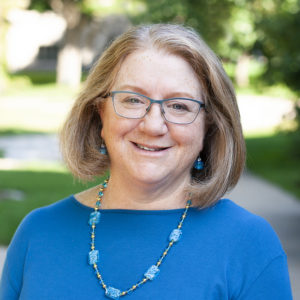Read: Esther 3:7-15
“If it please the king, let it be decreed that they be destroyed, and I will pay 10,000 talents of silver into the hands of those who have charge of the king’s business, that they may put it into the king’s treasuries.” (v. 9)
Whoever coined the proverb “Sticks and stones may break my bones, but words can never hurt me” had never met Haman. Haman’s words are designed to hurt, and to hurt badly. By the end of this chapter, he succeeds in issuing an edict to “destroy, to kill, and to annihilate all Jews, young and old, women and children, in one day . . .” (v. 13).
The only thing more astonishing than the scope of Haman’s words is their sinister quality. Hidden behind the Hebrew of his immodest proposal is a deceptive wordplay. The Hebrew word for “destroy” sounds almost exactly like the word for “enslave.” So it’s entirely possible that Ahasuerus thought he was agreeing to enslave these allegedly disloyal subjects. (See Esther’s argument in 7:4.) All ambiguity disappears, however, in the written version of the edict (v. 14).
The chapter closes with Haman and King Ahasuerus sitting down for a celebratory drink. Outside the palace, panic spreads like wildfire.
For believers of every age, there are times when the wicked seem to be winning. Yet, we are not called people of faith for nothing. In Esther’s story and in ours, “faith is the assurance of things hoped for, the conviction of things not seen” (Hebrew 11:1). —Carol Bechtel
As you pray, call on God for faith in him in the face of evil.
The Rev. Dr. Carol Bechtel is Professor of Old Testament at Western Theological Seminary in Holland, Michigan where she has taught since 1994. Dr. Bechtel preaches and teaches widely and is a General Synod Professor of Theology in the Reformed Church in America. She served as President of the RCA’s General Synod and moderator of its General Synod Council. She also serves as the Executive Director of the American Waldensian Society. Her publications include a commentary on Esther for the Interpretation series, and several Bible study books and curricula.
She now lives in Holland, Michigan with her husband, Tom Mullens. They have four children and seven grandchildren. Her hobbies include singing, cooking, gardening, and the Celtic harp.
- Carol Bechtelhttps://www.woh.org/author/carol-bechtel/
- Carol Bechtelhttps://www.woh.org/author/carol-bechtel/
- Carol Bechtelhttps://www.woh.org/author/carol-bechtel/
- Carol Bechtelhttps://www.woh.org/author/carol-bechtel/


